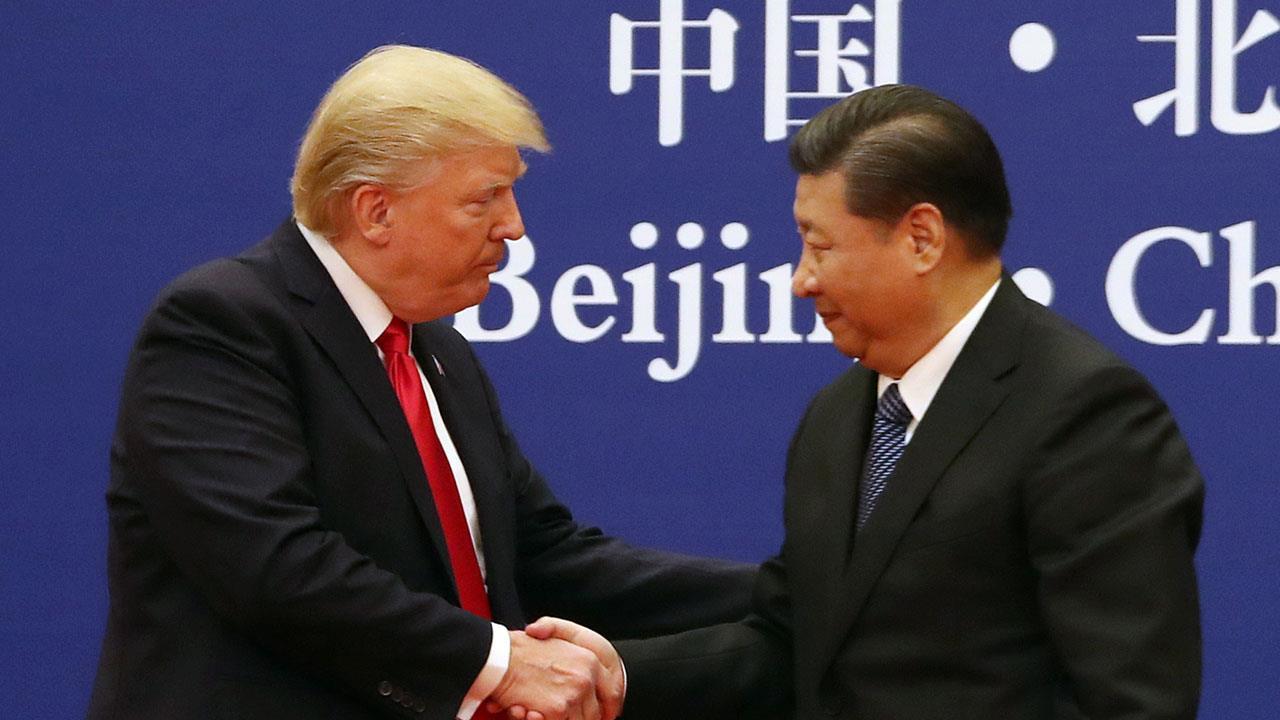China hackers ramp up attacks against US companies, widening trade rift
Hackers in China show no signs of slowing down as tensions between the U.S. and Beijing heighten over President Donald Trump’s intellectual property theft concerns.
While state-sponsored hack attacks have decreased, other cybercriminals in China are stepping up attacks on U.S. corporations, according to a recent report from FireEye, which tracks cyberattacks.
“FireEye has seen an increase in the number of attacks against U.S. companies that have resulted in the theft of business information such as bid prices, contracts, and information related to mergers and acquisitions,” the report said.
FireEye also said that Chinese cyber campaigns are targeting business-to-business services, such as telecommunications companies, law firms and cloud providers, which could allow China to collect a broader range of information while lowering the risk of detection.
China’s theft of U.S. intellectual property is a major point of contention between the two countries. Last month, President Donald Trump announced tariffs worth $50 billion targeting 1,300 Chinese products to confront the problem. The list reflects high-technology items in the U.S. that have been targeted by China as part of its “Made in China 2025” campaign, an initiative aimed at upgrading the country’s industry.
"We have a tremendous intellectual property theft situation going on, which likewise [costs us] hundreds of billions of dollars, and that’s on a yearly basis," Trump said during a press conference this month.
The tariffs have escalated into a tit-for-tat conflict with Beijing, raising concerns over a potential trade war that the Trump administration has tried to play down. China on Wednesday announced an additional round of tariffs aimed at 106 U.S. products, which could affect up to $50 billion worth of U.S. goods each year.
FireEye said that Beijing’s use of state-sponsored hackers has been on the decline since President Barack Obama and President Xi Jinping signed a 2015 agreement to halt the conduct or support of cyber theft involving intellectual property for business or commercial advantage. The agreement was renewed by the Trump administration.
FireEye, however, predicted that China would be willing to violate the terms of the agreement if it could obtain technology that would give it an economic or military advantage.




















